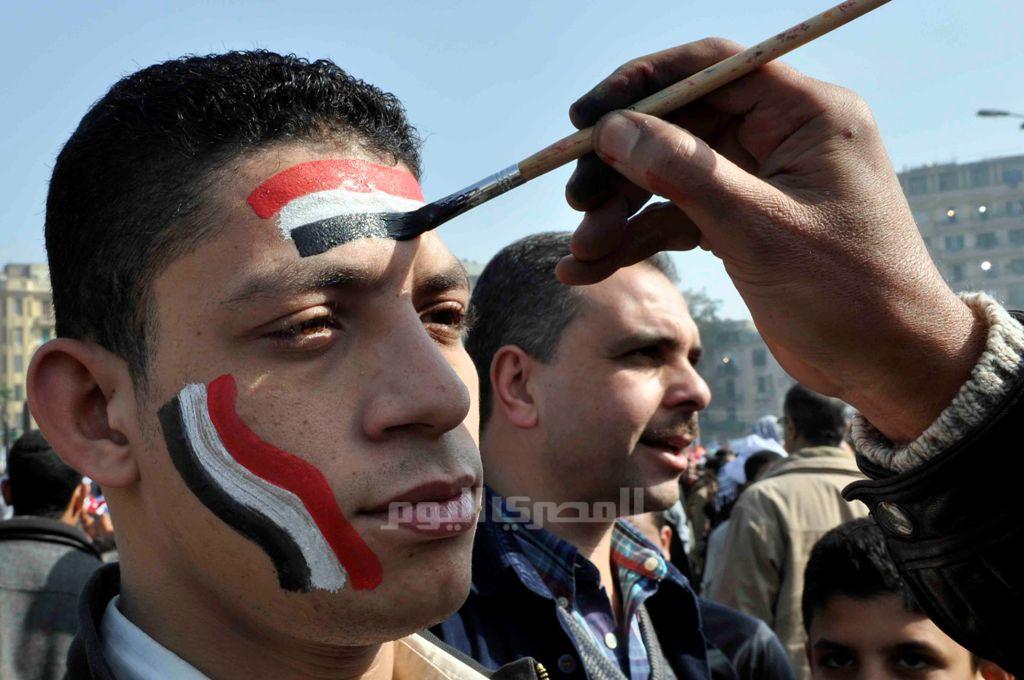
Amnesty International has released a statement saying Egyptian authorities have failed to meet the key demands of the 25 January revolution that ousted the dictator Hosni Mubarak.
The remarks are based off conclusions from the UN Committee on Economic, Social and Cultural Rights that set out to study how Egypt was upholding its obligations under the International Covenant on Economic, Social and Cultural Rights (ICESCR).
The 14 November review specifically addresses the government's lack of action to protect women and minority communities as well as improving socio-economic justice. Amnesty International stressed that this “UN damning indictment” should be a “wake-up call” for the Egyptian authorities.
The UN study found that Egypt had not protected women and girls from discrimination and it urged the government to take action to help rebuild Coptic Christian communities devastated by a wave of sectarian attacks in August 2013.
The committee also stated that Egypt had failed to address workers’ rights and had not adequately invested in affordable housing, resulting in a high percentage of the population living in informal settlements which lack adequate infrastructure or facilities.
The committee concluded that Egypt’s new minimum wage “does not guarantee a decent standard of living” and that the authorities are limiting independent trade unions and imposing “disproportionate” restrictions on striking workers.
The Egyptian authorities should now take prompt action to implement the committee’s recommendations, in consultation with civil society, said Amnesty International.
Egypt’s new draft Constitution does makes reference to economic, social and cultural rights, but in some cases may fall short of fully guaranteeing them. Amnesty International is particularly concerned that, while the draft Constitution recognizes the right to adequate and safe housing, it does not explicitly prohibit forced evictions.
Commenting on Amnesty International's statement and the UN report, Malek Adly, a lawyer at the Egyptian Center for Economic and Social Rights and a member of the committee who prepared the UN report, told Egypt Independent he completely agrees with the statement as the Egyptian governments following the 25 January revolution have not attained the simplest demands of revolt.
"Up until now, the Interior Ministry has not yet been cleaned up to guarantee decent treatment to the Egyptian nation. So far, there are no reforms procedures that ensure a minimum wage to provide a respectable life to citizens," Adly said.
Adly noted that the health sector is still deteriorating and there have been no reforms yet in labor law.
Adly emphasized the rates of the violations, detainees and tortures are terribly high especially during the governments of Essam Sharaf, Hesham Qandil and Hazem El-Beblawy.
"We could say that we are on the right pace to achieve the [demands of the] 25 January revolution only when the government has a transparent strategy and shows every single detail clearly to society," said Adly.
Adly added that improving the government relations with the NGOs could be beneficial to guarantee the country's development.
"But so far, I have not seen any of these mentioned," Adly noted.
Adly asserted that the spokesperson of the government responded to the UN accusations with denial and aloofness. “At that moment I saw the old regime of Mohamed Hosni Mubarak had returned and re-embodied one more time,” he said.
“The Amnesty’s statement is significant, rather than being mandatory to force the Egyptian authorities to do anything,” said Saad El-Din Ibrhaim, the head of Ibn Khaldoun’s center for development studies at Dream Satellite channel.
Ibrahim noted that Amnesty statements are objective and respectable.
In wake of the dispersal of Rabaa Al Aladaweya sit-in of the Morsy supporters, the NGOs and Ibrahim sought to persuade the European Union not to issue any statement condemning Egypt.
Ibrahim argued with the Egyptian authorities not to worry about the report and not consider it as a hostility to Egypt, but it was issued only for the sake to serve critical humanitarian issues which are much bigger than any state.
“We cannot say Egypt completely failed. Things have already went awry during the one-year rule of supreme council of armed forced SCAF after the 25 revolution, and it exacerbated during Morsy’s rule,” said deputy head of Ahram Centre for strategic studies, Emad Gad.
During the SCAF one-year rule Egypt saw intermittent fluctuations and nationwide street violence due to clashes erupted between military’s officers and protesters. Mohamed Mahmoud is one of the most bloody clashes took place in this period.
Gad said the 30 June uprising has produced a roadmap that will hopefully accomplish the demands of revolution, especially after public security is achieved.




